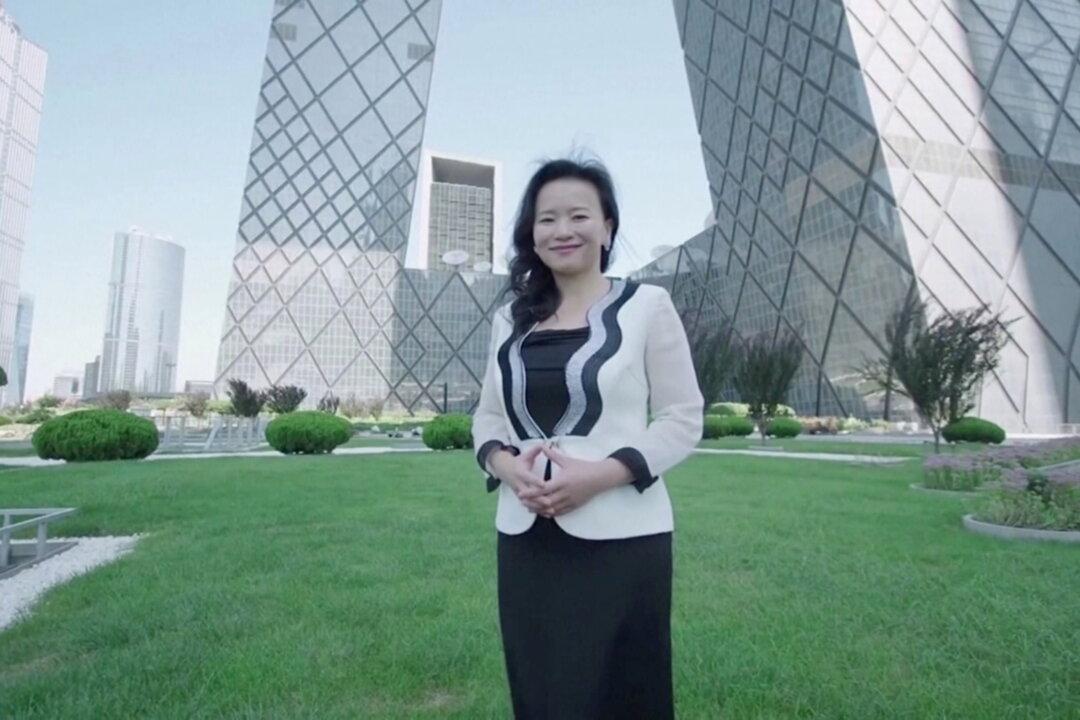After being held in Chinese custody for 18 months, Chinese-Australian journalist Cheng Lei will appear in court on March 31, according to a statement by Australian Foreign Minister Marise Payne on March 26.
Cheng Lei was formally arrested by CCP authorities in February 2021, and prior to that was under residential surveillance for six months. She is rumored to have been involved in the case of Sun Lijun, China’s former vice-minister of Public Security, who had been indicted for “severe violations of party discipline and law.”





